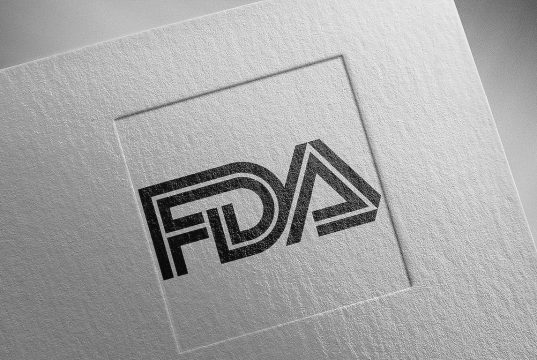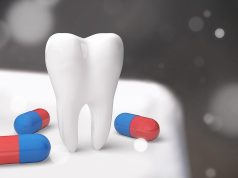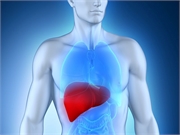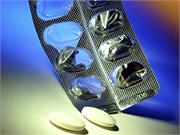FDA: Weight Control Drug Lorcaserin May Raise Cancer Risk
Health care providers should balance the benefits of taking lorcaserin against the potential risks
2011 to 2017 Saw Increase in Spending on DMTs for MS
Increase in annual expenditures on MS DMTs mainly driven by increases in per-prescription costs
Vaccine Program Recovery Difficult After Public Scares
Misinformation is threat to resilience of vaccination programs globally, authors say
Intensive Systolic BP Control May Not Benefit All Older Adults
No real benefit seen for adults ≥80 years with lower cognitive function
Mandatory Vaccination Ups Prevalence of Vaccine Coverage
Measles, pertussis vaccination increased in European countries with mandatory vaccination
Guidance Issued for Hepatic, Mesenteric Circulation Disorders
Recommendations address bleeding and thrombotic risk in cirrhosis; portal, mesenteric vein thrombosis
Antipsychotic Use Safer Than No Use in Schizophrenia
No increase seen in severe morbidity, hospitalization when compared with periods of nonexposure
Gout Incidence Down With SGLT2 Inhibitors in Type 2 Diabetes
Gout incidence rate significantly reduced with SGLT2 inhibitor versus GLP-1 receptor agonist
Behavioral Therapy First Step for Overactive Bladder in Men
Combination therapy better than drug therapy alone, but not better than behavioral therapy alone
Total Opioid Overdose Deaths Down With Medicaid Expansion
But increase observed in methadone-related overdose mortality in Medicaid expansion states



















